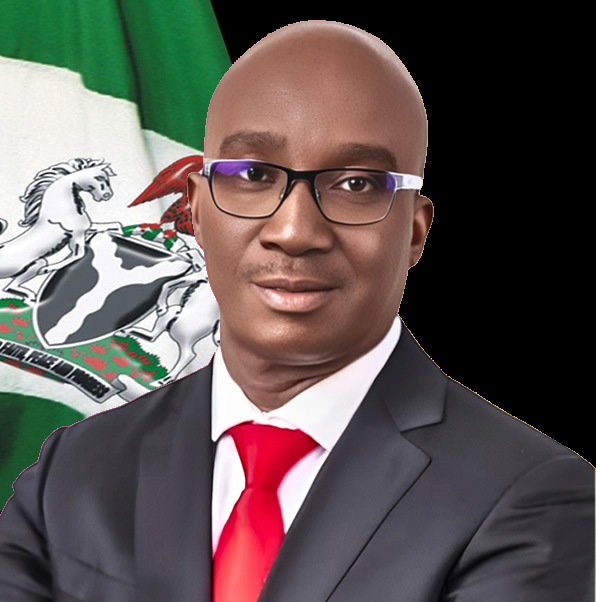The Edo State Executive Council has approved a revised supplementary budget of ₦799.82 billion for the 2025 fiscal year, marking an ₦125 billion increase (about 18%) from the initial ₦675.22 billion earlier passed by the House of Assembly.
The decision was reached during an emergency executive council meeting chaired by Governor Monday Okpebholo on Monday.
Focus on Infrastructure Development
Speaking to reporters after the meeting, Commissioner for Finance, Emmanuel Okoebor, explained that the revised budget reflects the state government’s priority on infrastructure projects.
“The previous ₦675 billion budget allocated 33% to recurrent expenditure and 67% to capital projects. With the new budget, 70% goes to capital expenditure while 30% is set aside for recurrent needs. This demonstrates Governor Okpebholo’s commitment to infrastructure development in Edo State,” Okoebor said.
According to him, the adjustment means capital expenditure will increase by about ₦113 billion, while recurrent expenditure will rise by ₦12 billion, largely due to the recent minimum wage review and new staff recruitment in the state’s hospital management board.
He noted that the administration has already completed 254km of roads across the state, with many more projects underway.
Why the Budget Was Revised
The commissioner clarified that the revised budget aims to ensure continuity of key infrastructure projects and improve service delivery to Edo residents.
“The increment clearly shows government’s concern for infrastructure, which ultimately enhances the welfare of Edo people,” he added.
Similarly, Commissioner for Information and Communication, Paul Ohombamu, confirmed that the revised budget will soon be forwarded to the Edo State House of Assembly for legislative consideration and passage.
Background on Edo’s 2025 Budget
Recall that in December 2024, the Edo House of Assembly passed a ₦675 billion budget for 2025, up from the ₦605 billion initially presented by Governor Okpebholo. The appropriation bill, tagged “Budget of Renewed Hope for a Rising Edo,” was structured around the governor’s five-point development agenda.
At the time, ₦225 billion was earmarked for recurrent expenditure, while ₦451 billion was allocated to capital projects. The Assembly’s Committee on Budget and Project Monitoring had recommended the upward adjustment to better align with the state’s development priorities.
With the latest revision, the government has reaffirmed its focus on road construction, infrastructure expansion, and job creation, while ensuring fiscal adjustments to accommodate wage increases and new recruitments.
What This Means for Edo People
For Edo residents, the revised ₦799.82 billion budget signals:
- More infrastructure projects, particularly roads and public utilities.
- Sustained employment opportunities through government hiring.
- Improved public services as recurrent spending captures wages and staff support.
- Increased capital investment, ensuring faster growth and better living standards.

